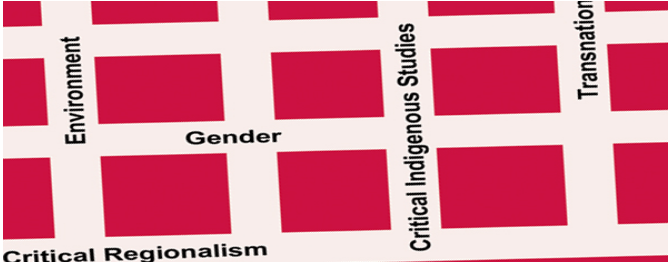
American Studies ETDs
Publication Date
9-5-2013
Abstract
The use of nuclear technologies has left an indelible mark on American society. The environmental, political, economic, and social costs of creating, producing, and utilizing technologies such as nuclear weapons and nuclear energy have left a legacy of radioactive waste. To date, there is no comprehensive path for disposing of the different kinds of waste produced by the nuclear industry, including spent nuclear fuel that is now held on site at nuclear power plants. The question of how to deal with nuclear waste has plagued the nuclear industry, governmental agencies, and the concerned public for most of the nuclear era. There is one permanent geologic repository in the U.S., called the Waste Isolation Pilot Plant (WIPP), located in the salt beds outside of Carlsbad, New Mexico. Presently, WIPP is only allowed to hold low-level transuranic waste produced by military installations during the Cold War. This project looks at the ways that federal attention has turned to this remote site in the Chihuahuan Desert as a potential solution for storing high-level nuclear waste as well. Using ethnographies, archival research, and the ideas expressed at numerous public meeting held in the region, this project shows how nuclear communities are framed in discourses surrounding nuclear waste through the concept of nuclearism, which posits that nuclear technologies are wholly beneficial to society. Specifically, this project examines how concepts involving the immutability of nature and science interact to form problematic assumptions regarding the behavior of the environment in relation to nuclear waste. Furthermore, conversations that focus solely on the production of "sound science" ignore the political and social consequences of creating and moving nuclear waste across the country, ensnaring more communities into the web of potential nuclear consequences. Nuclear issues also intersect different scales, troubling the idea of local consent, the idea of a homogenous public, and whether nuclear technologies can be tools of democracy. The events at the Fukushima nuclear power plant on March 11, 2011 underscored the delicate balance of technology and nature, and showed the inherent vulnerabilities of complex technological systems. By connecting the complex natures of the desert, salt, radiation, and time together with questions of political representation, this project looks at how the nuclear future is being shaped in the desert of New Mexico.
Language
English
Keywords
Nuclear, Politics, Nuclear, Waste, Science, and, Technology, Studies, Environmental, Politics
Document Type
Dissertation
Degree Name
American Studies
Level of Degree
Doctoral
Department Name
American Studies
First Committee Member (Chair)
Alyosha Goldstein
Second Committee Member
Vera Norwood
Third Committee Member
Jake Kosek
Fourth Committee Member
David Correia
Recommended Citation
Richter, Jennifer. "New Mexico's Nuclear Enchantment: Local Politics, National Imperatives, and Radioactive Waste Disposal in the Desert." (2013). https://digitalrepository.unm.edu/amst_etds/36
